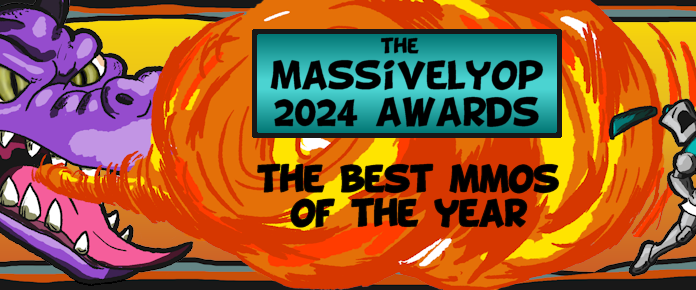
In case you missed it, BlizzCon’s World of Warcraft Q&A session this afternoon was peppered with a few vocal protesters who both wore pro-Hong Kong shirts and shouted for the country’s liberation. This was, of course, in response to the month-long controversy regarding the Hearthstone interview livestream and subsequent decisions that Blizzard is still trying to live down.
Despite coming out on the stage for the BlizzCon keynote yesterday and apologizing for how the company handled the issue, J. Allen Brack told PC Gamer that the company will not be rescinding the punishments levied against professional esports player Blitzchung and the two interviewers (or presumably the American University team actioned in the subsequent protests).
“The content was not the problem. It was the fact that it was not about the game in question,” Brack said to PC Gamer in a follow-up interview. While he goes on at length about the company’s and community’s purported culture of “free expression,” he also suggests such “free expression” should be limited to spaces away from broadcasts and interviews, seemingly a contradiction of yesterday’s statement that Blizzard is committed to “to everyone’s right to express themselves in all kinds of ways, all kinds of places.”
“So Blizzard’s perspective is that, of course you want players to express themselves, except for when it’s taking place through official channels?” PC Gamer asked.
“That’s right,” Brack answered.
Brack also attempted to clarify the relationship between Blizzard and its Chinese partners (namely NetEase), especially considering that Blizzard’s Chinese publisher wrote a startlingly pro-China post in response to the livestream on Weibo, suggesting it had taken action against Blitzchung to protect China’s national dignity. “We did not authorize [the post],” Brack says. “We did not approve it. We would not have approved it had they asked.”
He went on to say that the various groups — including Blizzard’s Taiwan team, NetEase, Hearthstone’s leadership, and the esports team — jointly made the quick decision that triggered the initial controversy. “[T]hat’s certainly the failure of this story is those groups coming together and deciding in a very short amount of time what the right action to take forward was,” he said. It’s not clear who made the decision to then hold off for many days before making an internal or external statement after the incident and resulting boycott went international, leading the company’s own employees to complain.
Worth noting is that this comment appointing blame to Netease and these teams was a response to PC Gamer’s question about China’s influence on Blizzard’s overall decision, which Brack did not directly address.
One of the banned Taiwanese interviewers was not happy with the studio’s decision and BlizzCon apology, during which Brack referred to freedom of expression within the community. As the caster put it to PC Gamer, “Expressing myself is exactly what I did during casting. So why is Blizzard still banning me for six months?” Brack says the casters were hired to keep the stream focused on the game and “were not successful in their job.” PC Gamer also asked Brack whether Blizzard’s contracted esports casters are “given specific training on how to handle on-air breaches of protocol.” Brack didn’t address that either.
You can follow the thread of the Blizzard Hong Kong fiasco in Massively OP’s summary of the situation, and get caught up on everything else that happened at BlizzCon too.













